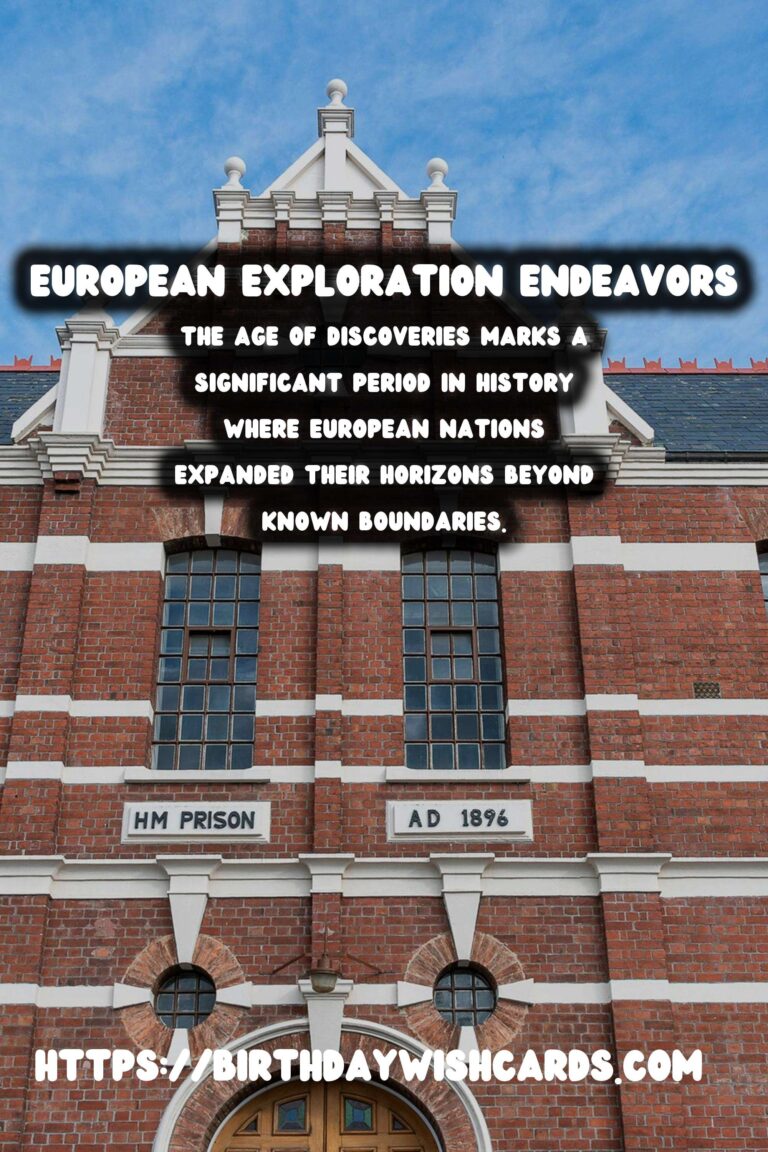
The Age of Discoveries, spanning from the 15th to the 18th centuries, marks a significant period in history where European nations expanded their horizons beyond known boundaries. This era, also known as the Age of Exploration, was driven by the quest for new trade routes, wealth, and knowledge. However, its implications went far beyond mere exploration.
The Beginning of Global Political Changes
As European explorers discovered new lands, it led to an unprecedented expansion of political territories. Countries such as Spain and Portugal emerged as the dominant maritime powers of the world. The Treaty of Tordesillas in 1494 exemplified the political negotiations that carved up newly discovered lands outside Europe between these two nations, showcasing early signs of European geopolitical strategy.
The discoveries of new routes also shifted the balance of power within Europe itself, as nations raced to compete for dominance in overseas exploration and colonization. The establishment of colonial empires fostered a new world order defined by European dominance, which led to both wealth and socio-political revolutions at home and abroad.
Colonialism and Administration
The age saw the emergence of new colonial systems that brought about significant administrative and governance changes. European powers imposed their political systems on colonized regions, fundamentally altering the political landscapes of Africa, Asia, and the Americas.
In many cases, local governance structures were replaced with European-style administrations, staffed by foreign bureaucrats. This importation of political models contributed to the development of new, hybrid forms of governance, often with the native population adopting aspects of the colonizers’ legal and political systems—sometimes voluntarily, sometimes by force.
Decolonization and Long-term Impacts
Nevertheless, the political imprint of the Age of Discoveries would prove to be enduring. The seeds of global political change planted during this time would later give rise to movements for national independence and decolonization. During the 20th century, the desire for self-determination led former colonies to pursue independence, reshaping the global political map.
Critically, the Age of Discoveries laid the groundwork for modern state systems and international relations. Political ideologies and borders established during this time continue to influence global politics today.
Conclusion: A New Global Era
The Age of Discoveries was more than just an era of exploration; it was a transformative period that redefined political boundaries and set the course for the contemporary political world. The long-term effects of these explorations continue to be visible in today’s political structures, international relations, and economic systems.
Understanding the Age of Discoveries is crucial for comprehending the historical context of modern global politics, making it an essential area of study for historians, political scientists, and policymakers alike.
The Age of Discoveries marks a significant period in history where European nations expanded their horizons beyond known boundaries. Understanding the Age of Discoveries is crucial for comprehending the historical context of modern global politics. 
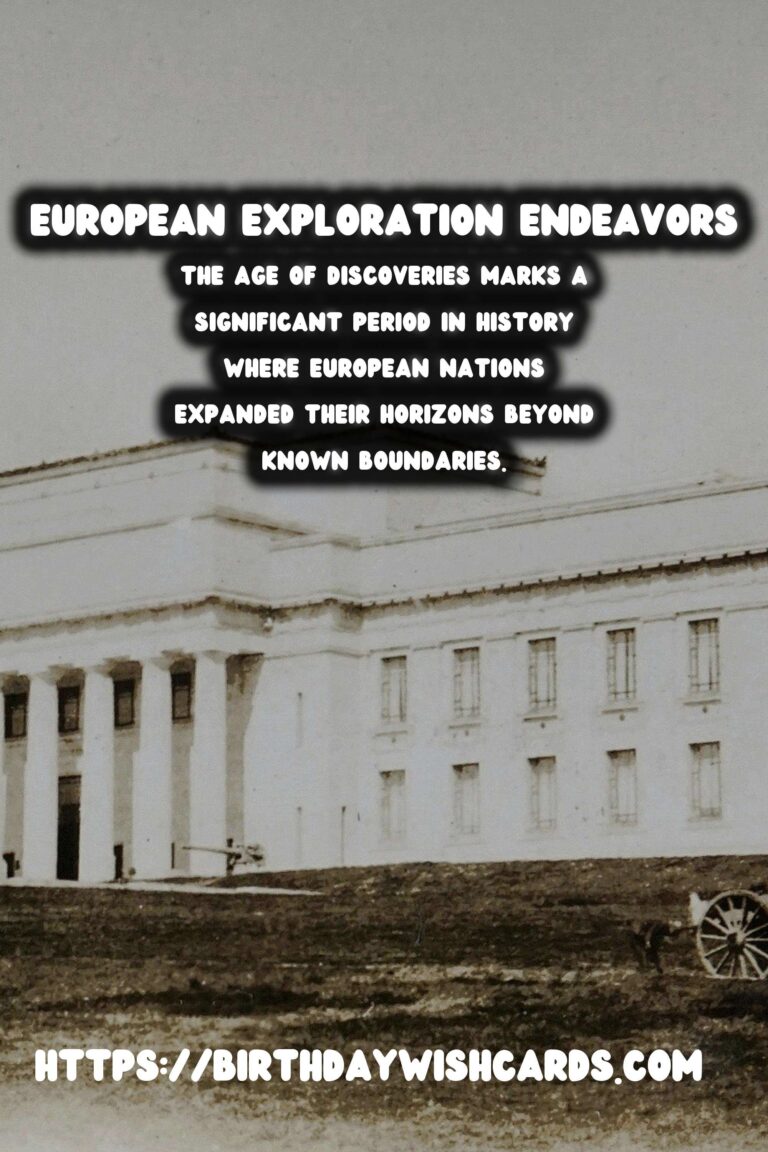
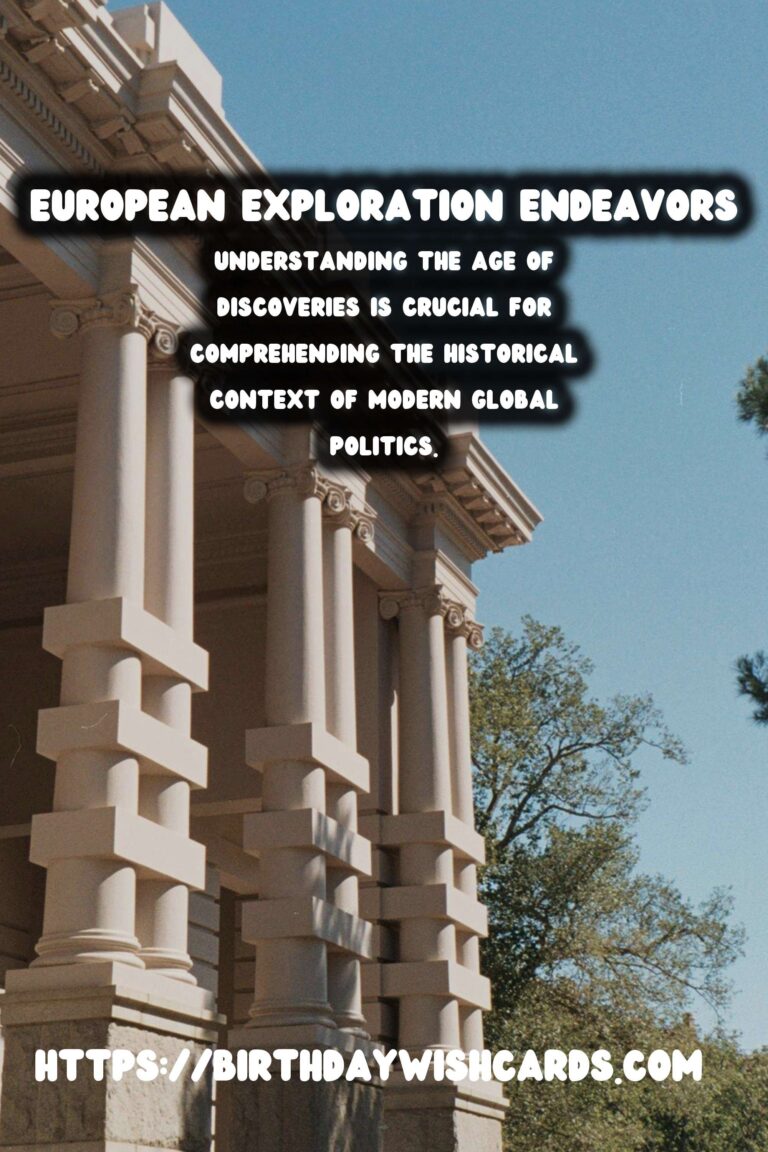
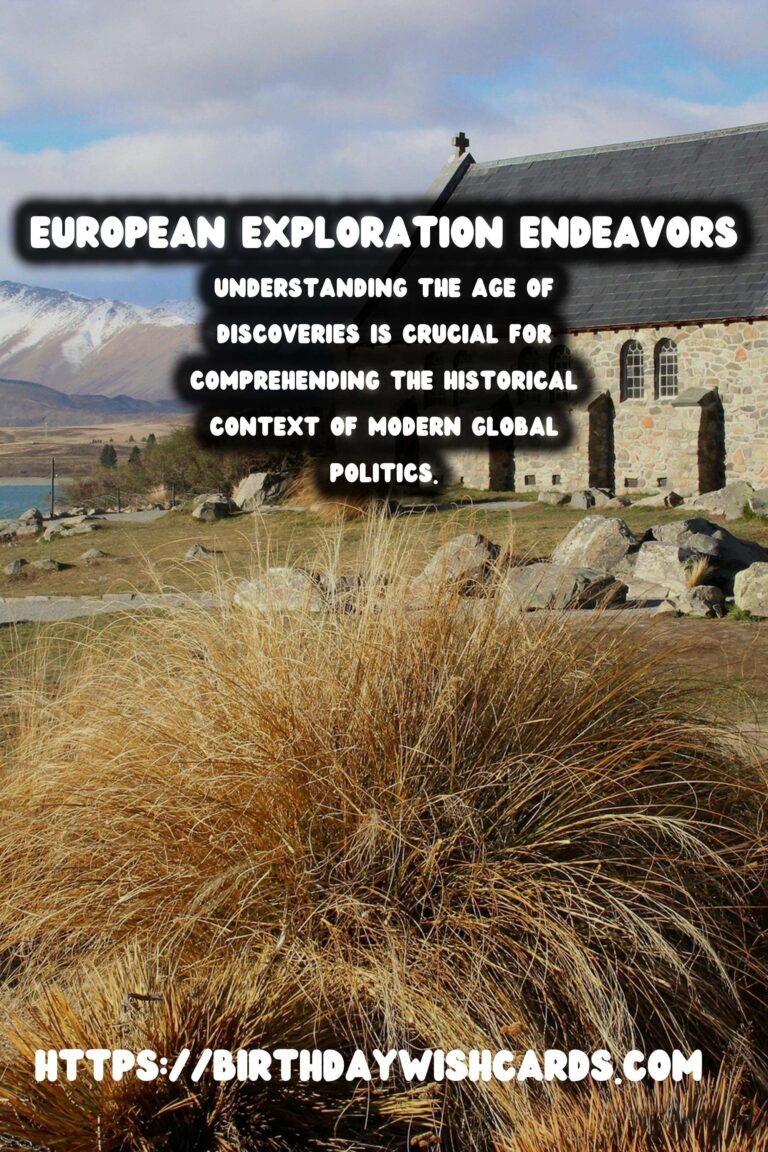
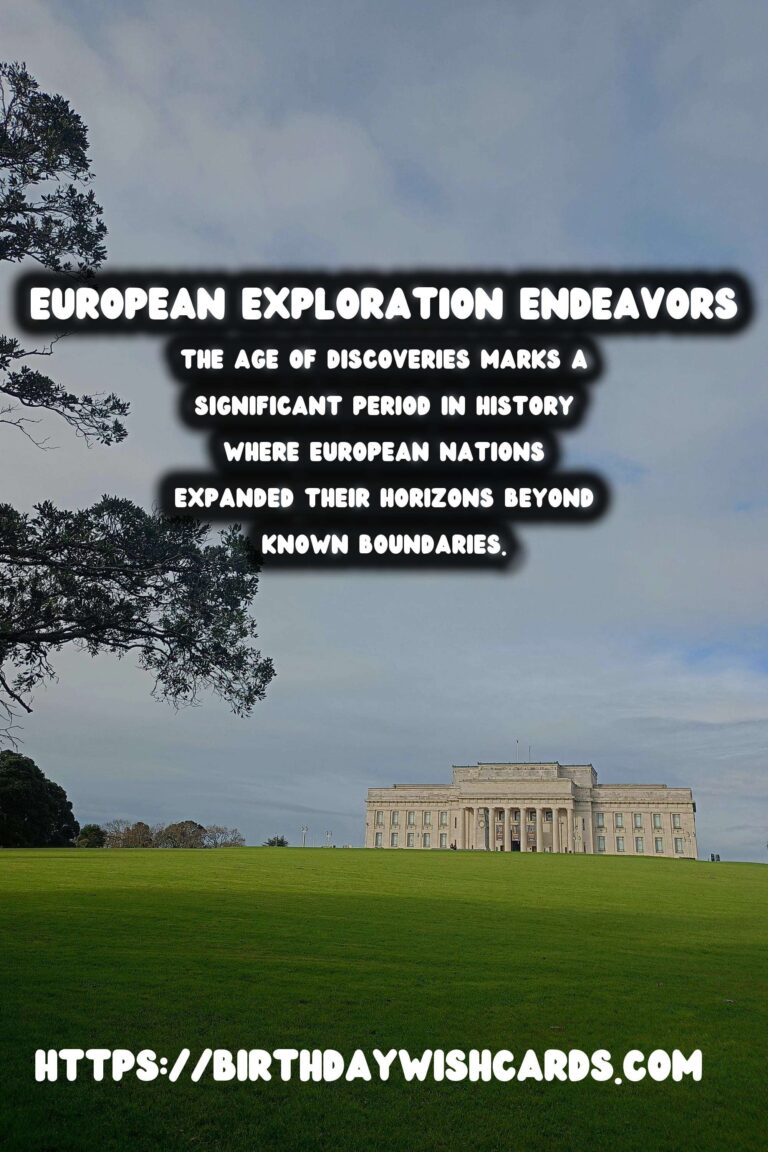
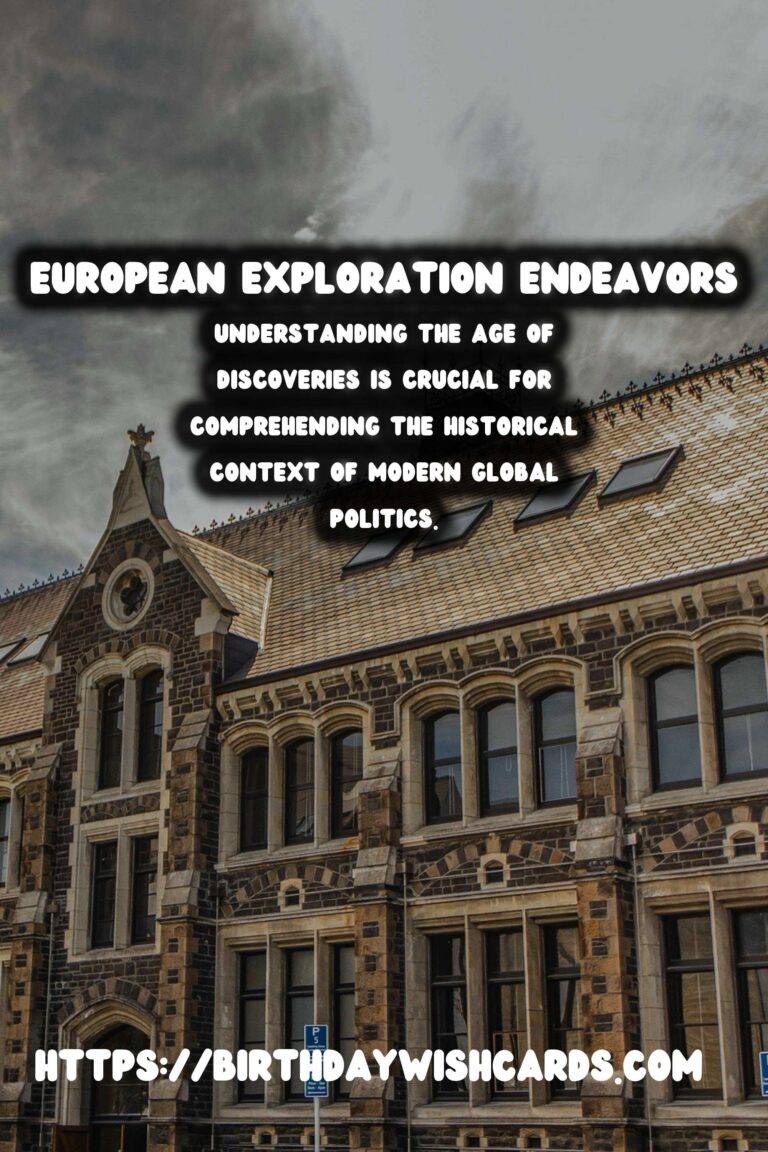
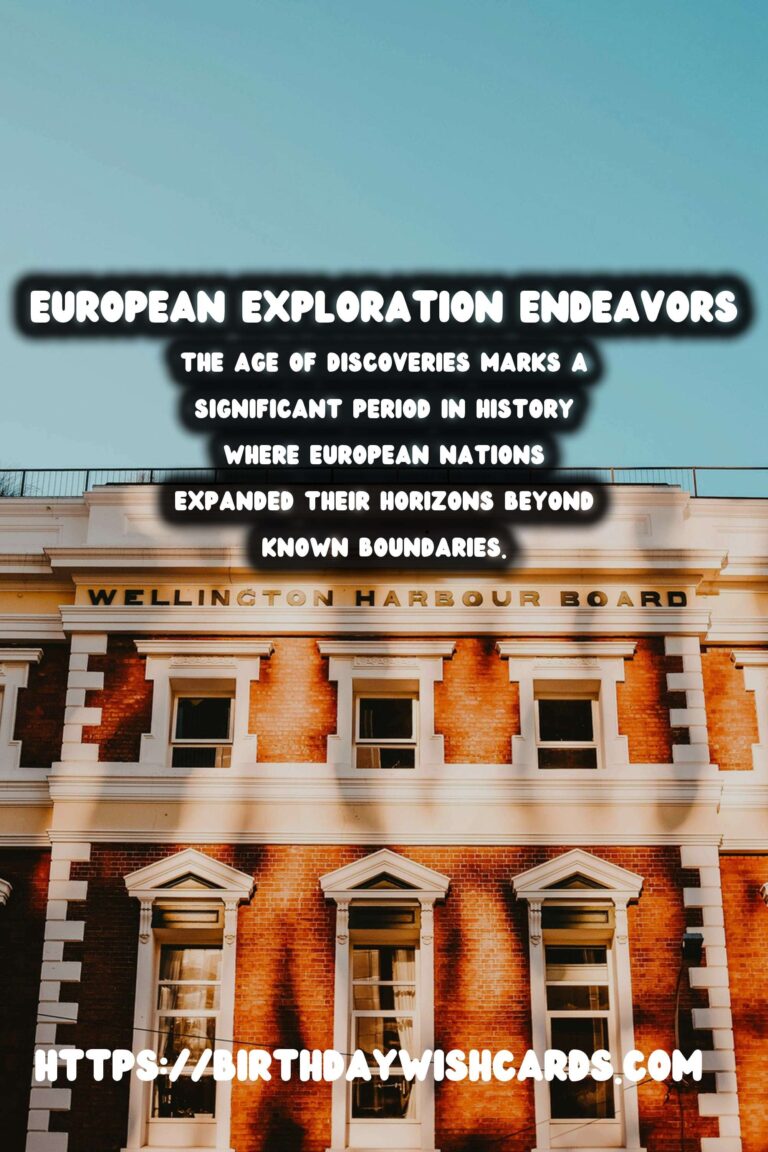
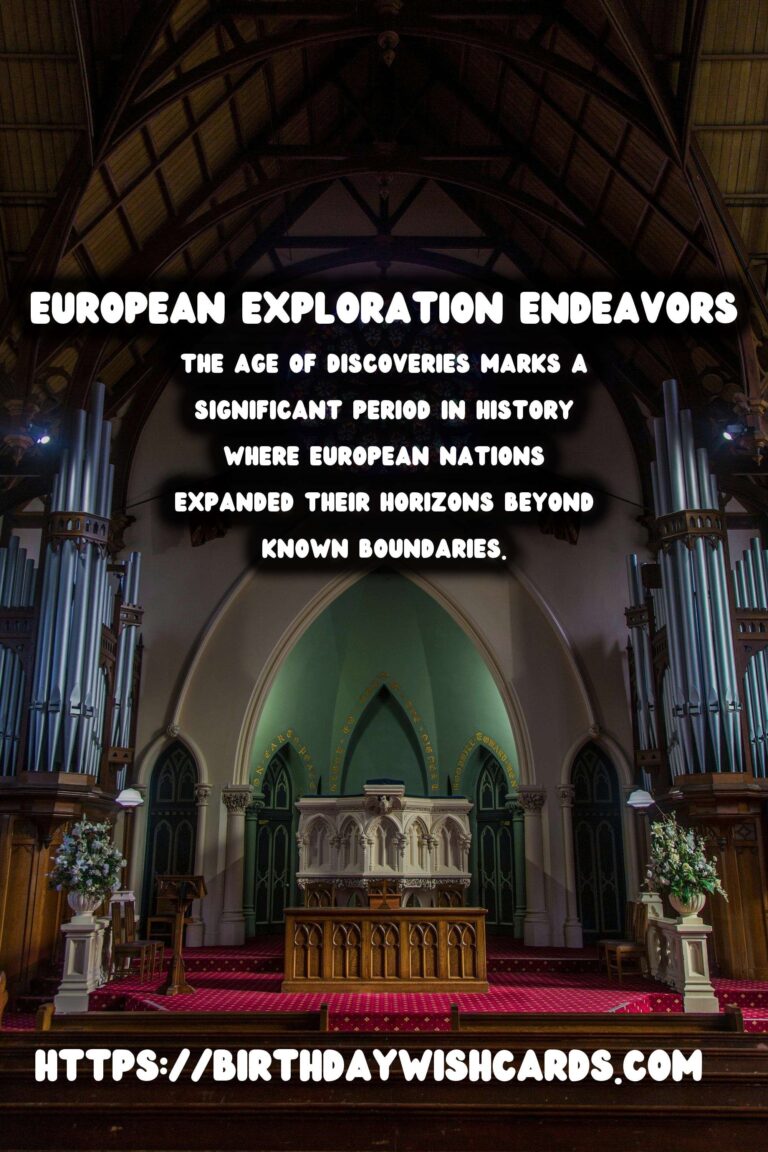
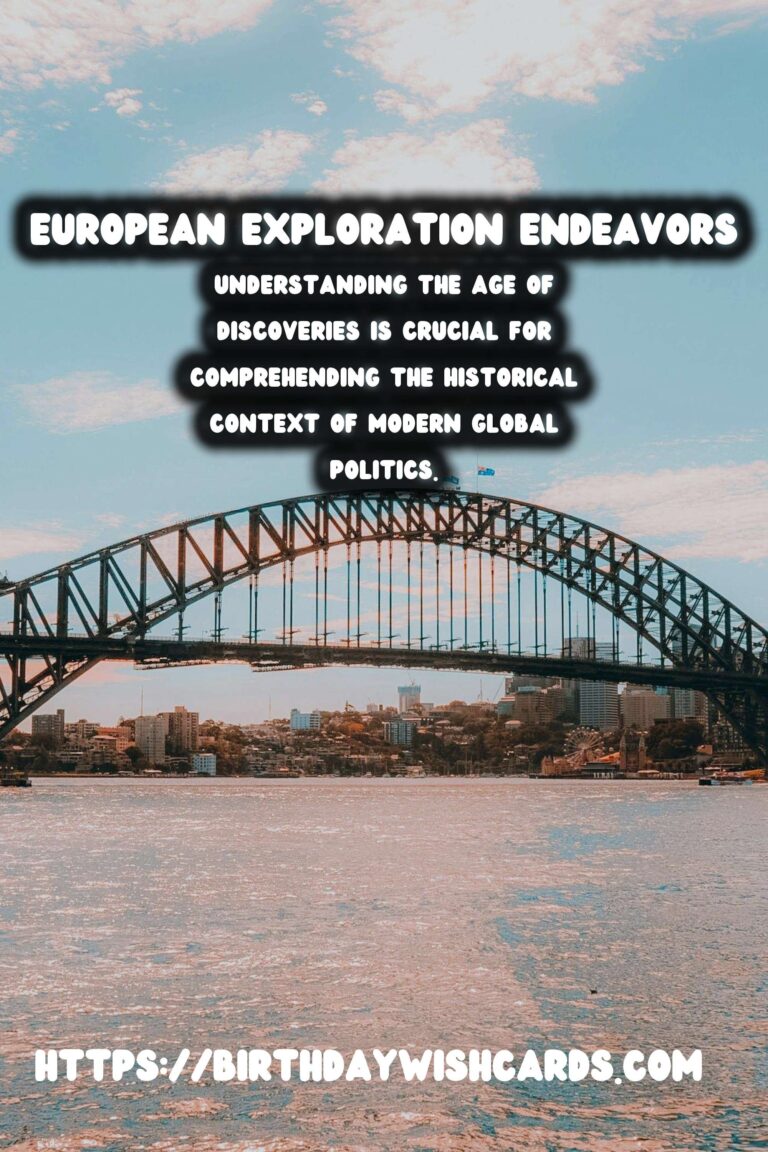
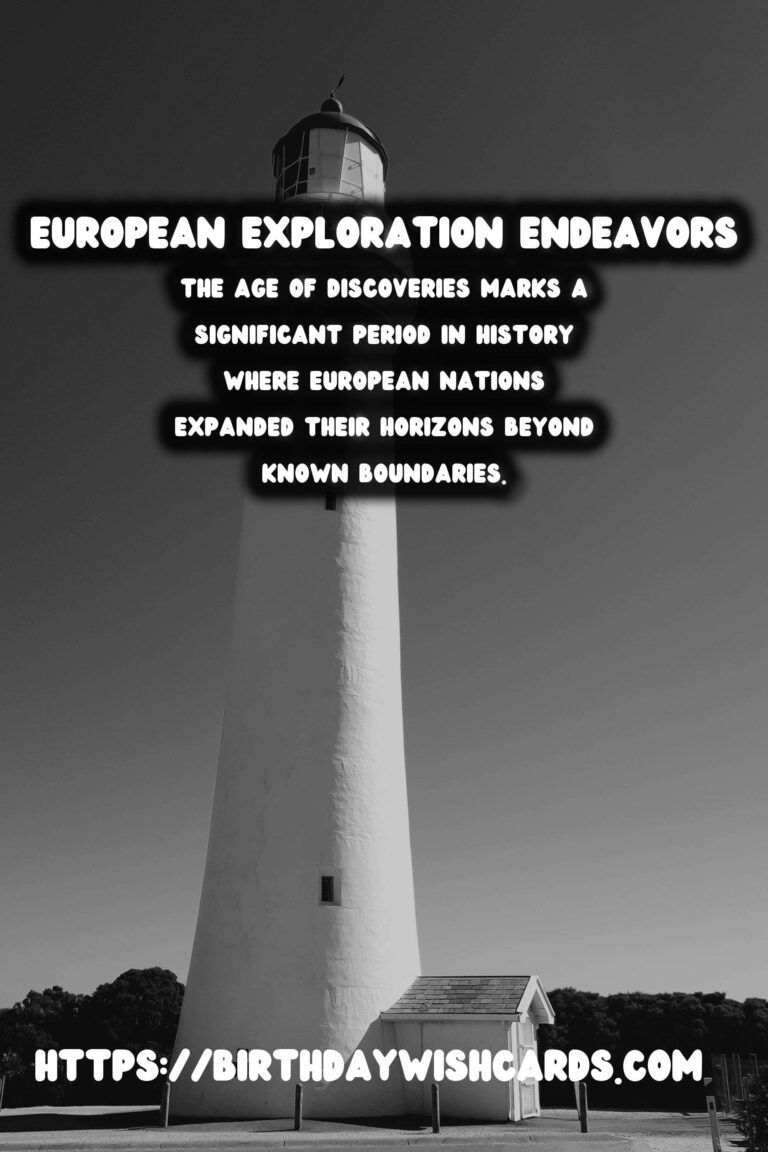
#AgeOfDiscoveries #GlobalPolitics




